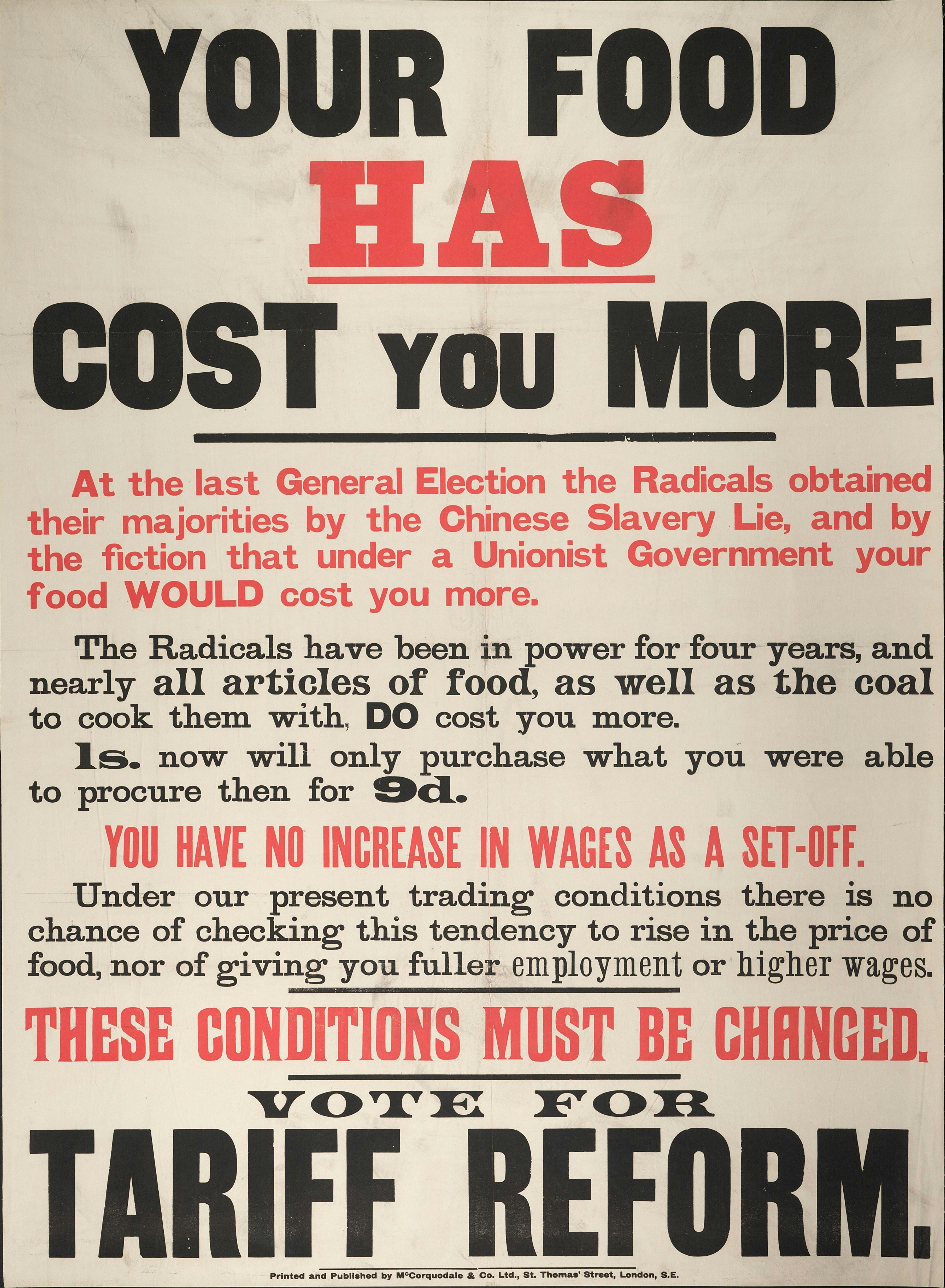Closing Estate Tax Loopholes: A Path to Fund Family Services

Understanding Estate Tax Loopholes
Estate tax loopholes are provisions in tax legislation that allow individuals or families, particularly the ultra-wealthy, to minimize or avoid paying taxes on inherited wealth. These loopholes contribute to substantial revenue losses for the government, hindering its ability to fund important societal programs. Closing these loopholes has become a focal point for tax reform advocates who believe that reforming the estate tax system can create an equitable fiscal landscape.
The Impact of Closing Loopholes
If we closed every estate tax loophole, we would significantly increase government revenue, primarily from ultra-wealthy dynasties. The revenue gained from eliminating these loopholes can be redirected towards crucial services such as free childcare, preschool programs, and paid family leave. By investing in these areas, we not only assist working families but also lay the foundation for a more equitable society.
Funding Free Childcare and Paid Family Leave
Free childcare and preschool services are critical to supporting families, allowing parents to pursue career opportunities without the burden of exorbitant childcare costs. Moreover, paid family leave is essential in today’s fast-paced world where parents often need time off for family emergencies or to care for newborns. The funds raised from closing estate tax loopholes can be a game-changer in providing these essential services. This approach champions the idea that raising revenue from those who have benefited the most from our economic system can facilitate a more sustainable future for all.
A Fairer Tax System
Addressing estate tax loopholes is not merely a matter of fiscal responsibility but a means to promote social equity. The potential funding from these closures would allow for investment in services that directly support families, providing them with the resources they need to thrive. Advocating for the closure of these loopholes could lead us towards a fairer tax system that benefits society as a whole while ensuring that the affluent contribute their fair share.




